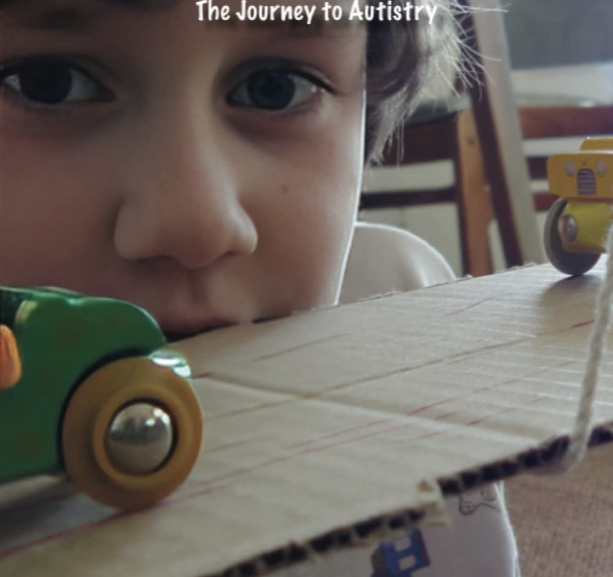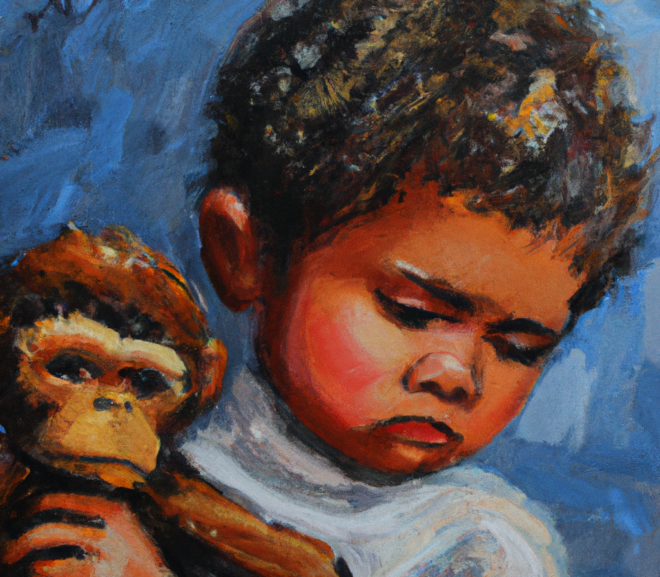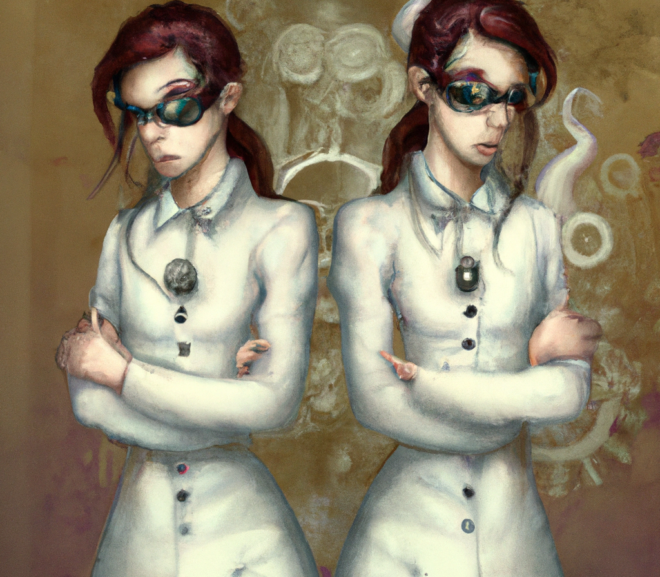When autistic people aren’t centered in things about us, it creates an ecosystem where an autistic person like Sia who does not understand herself as autistic creates a film like “Music.”
It felt good to read an autistic character who is so different from me, and yet very relatable in how she experiences and processes the world.
In their new book Share the Road: The Journey to Autistry, Janet Lawson and Dan Swearingen generously map out how they created a successful and thriving program that incorporates project-based learning and personal interest into learning needed life skills.
The world made me feel like an autistic failure for so long, but all it took was some kindness and understanding for me to realize that I am quite extraordinary.
Autistic children only get one childhood, and they deserve properly qualified and properly experienced professional teams. Teams that consider autistic ways of communication, ethics, human rights, and potential harms very carefully indeed.
Hannah Gadsby’s rightful success gives me hope that we’ll be seeing more (openly) autistic people out there in the world, and with that, hopefully, there will be more understanding from the allistic people around us.
The term ‘profound autism’ is not particularly useful, as “many autistic people who do not have the characteristics the authors focus on have significant support needs, and support needs can be radically different across different domains, social contexts, and time.”
I had poured so much of myself into my protagonist. When my agent called my character childish, naive, and vulnerable, I couldn’t help but feel she was calling me childish, naive, and vulnerable.
We spoke with writer, public speaker, and autism self-advocate Gyasi Burks-Abbott about growing up Black and autistic in a much less autism-aware era, and how he was able to thrive thanks to the guidance of his intuitive and supportive mother.
We spoke with autistic advocate and autism pseudoscience watchdog Anne Borden King about the continued proliferation of questionable and outright fraudulent “treatments” for autism.









